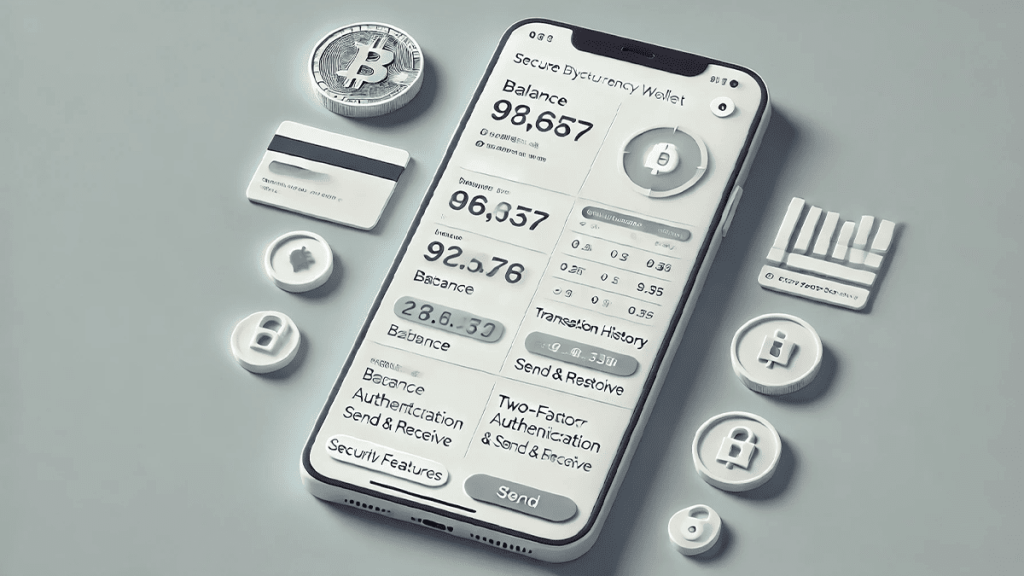
In the rapidly evolving world of cryptocurrency, privacy coins have emerged as a significant innovation designed to ensure the confidentiality of transactions. These digital currencies prioritize privacy and anonymity, distinguishing themselves from mainstream cryptocurrencies like Bitcoin and Ethereum, which offer a transparent ledger system. Privacy coins use advanced cryptographic techniques to obscure transaction details, thereby protecting the identities of the parties involved.
The growing concern over privacy in digital transactions has fueled the popularity of these coins. As financial regulations tighten globally, individuals and businesses are increasingly looking for ways to conduct transactions without exposing sensitive information. Privacy coins provide a solution by ensuring that transaction data remains confidential and secure from external scrutiny. This article delves into the concept of privacy coins, exploring their features, benefits, and the legal challenges they face.
Privacy coins are designed to address specific privacy issues inherent in most cryptocurrencies. While traditional cryptocurrencies offer some level of pseudonymity, they do not provide complete privacy. Every transaction made on a blockchain like Bitcoin is visible to the public, allowing anyone to trace the movement of funds. In contrast, privacy coins implement various technologies to conceal transaction details, making it nearly impossible to trace the source, destination, and amount of transactions.
What are Privacy Coins?
Privacy coins are cryptocurrencies that provide enhanced privacy features compared to traditional digital currencies. They aim to ensure that transactions are completely confidential and untraceable. The primary objective of privacy coins is to address the shortcomings of conventional cryptocurrencies, which do not offer full privacy protection.
How Privacy Coins Work
Privacy coins use a variety of cryptographic techniques to ensure anonymity. Some of the most common methods include:
- Ring Signatures: This technique mixes the spender’s transaction with others, making it difficult to determine the true source of the funds.
- Zero-Knowledge Proofs: Allows one party to prove to another that a statement is true without revealing any information beyond the validity of the statement itself.
- Stealth Addresses: These are one-time addresses created for each transaction, ensuring that only the sender and receiver can determine where the funds were sent.
Here’s an informative video that delves deeper into how privacy coins works:
Examples of Popular Privacy Coins
Several privacy coins have gained prominence in the cryptocurrency market due to their robust privacy features:
- Monero (XMR): Known for its strong privacy protocols, Monero uses ring signatures, ring confidential transactions, and stealth addresses to obfuscate transaction details.
- Zcash (ZEC): Utilizes zero-knowledge proofs (zk-SNARKs) to offer users the option of “shielded” transactions, which encrypt transaction data.
- Dash (DASH): Although not entirely a privacy coin, Dash offers a “PrivateSend” feature that enhances the privacy of transactions by mixing coins.
Benefits of Using Privacy Coins
Privacy coins offer several advantages, particularly for users who prioritize confidentiality and security in their financial transactions. Here are some key benefits:
Enhanced Privacy and Anonymity
Privacy coins ensure that all transaction details, including the identities of the sender and receiver and the transaction amount, remain confidential. This is particularly important in an era where data breaches and privacy violations are common.
Protection Against Surveillance
By obscuring transaction details, privacy coins protect users from government and corporate surveillance. This is crucial for individuals living in countries with restrictive regimes where financial transactions are monitored.
Financial Freedom
Privacy coins provide a higher degree of financial freedom by allowing users to conduct transactions without fear of censorship or interference. This is beneficial for individuals and businesses operating in sectors where financial privacy is critical.
Security
The advanced cryptographic techniques used by privacy coins not only ensure privacy but also enhance the overall security of transactions. By making it difficult to trace transactions, privacy coins reduce the risk of hacking and fraud.

Legal Considerations and Challenges
Despite their benefits, privacy coins face significant legal challenges. Regulatory authorities worldwide are concerned about the potential misuse of privacy coins for illegal activities such as money laundering and terrorism financing. As a result, some countries have imposed strict regulations or outright bans on the use of privacy coins.
Regulatory Landscape
The legal status of privacy coins varies from one jurisdiction to another. Here is a summary of the regulatory approaches in different regions:
| Region | Regulatory Approach |
|---|---|
| United States | Privacy coins face stringent scrutiny. Some exchanges have delisted them due to regulatory pressure. |
| European Union | The EU has introduced regulations requiring cryptocurrency exchanges to implement anti-money laundering measures, affecting privacy coin transactions. |
| Asia | Countries like Japan and South Korea have banned privacy coins due to concerns over illegal activities. |
| Australia | Privacy coins are under regulatory review, with potential restrictions on their use. |
Impact on Cryptocurrency Exchanges
The regulatory challenges faced by privacy coins have impacted their availability on cryptocurrency exchanges. Many exchanges have delisted privacy coins to comply with regulatory requirements, limiting their accessibility to users.
How to Use Privacy Coins Safely

To ensure that you use privacy coins responsibly and avoid legal issues, follow these best practices:
- Choose Reputable Wallets: Select wallets that are known for their security features and have a good reputation in the cryptocurrency community. Ensure that the wallet supports the specific privacy coin you intend to use.
- Stay Informed About Regulations: Keep abreast of the regulatory landscape in your country to ensure that you are complying with local laws when using privacy coins. This will help you avoid potential legal complications.
- Use Best Practices for Security: Adopt best practices for securing your digital assets, such as enabling two-factor authentication, regularly updating your wallet software, and using strong, unique passwords.
Conclusion
Privacy coins represent a significant advancement in the field of cryptocurrency, offering users enhanced privacy and security for their transactions. As the demand for financial privacy grows, these coins are likely to play an increasingly important role in the digital economy. However, it is crucial for users to stay informed about the legal landscape and use privacy coins responsibly to avoid potential pitfalls.
In summary, privacy coins provide a valuable solution for individuals and businesses seeking to protect their financial privacy. By understanding their features, benefits, and the regulatory challenges they face, users can make informed decisions about incorporating privacy coins into their financial strategies.
Key Points
- Privacy coins offer enhanced anonymity and security for transactions.
- They use cryptographic techniques like ring signatures, zero-knowledge proofs, and stealth addresses.
- Popular privacy coins include Monero, Zcash, and Dash.
- Regulatory challenges affect the availability and legality of privacy coins.
- Users should adopt best practices for security and stay informed about regulations.
Reference
- Fool. Privacy Coins.
- Skrill. What is a Privacy Coin?
- Coindesk. What Are Privacy Coins and Are They Legal?
- Scorechain. Privacy Coin.
